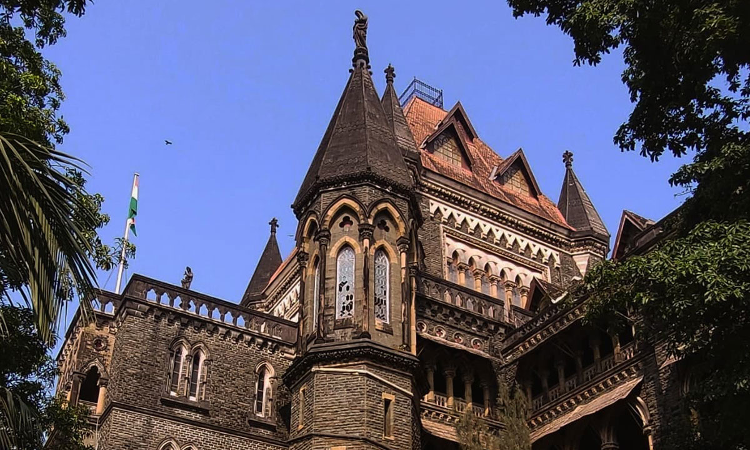SC/ST Act Proceedings Even If Held In Open Court Must Be Video Recorded: Bombay High Court
Amisha Shrivastava
14 March 2024 10:40 AM IST

Next Story
14 March 2024 10:40 AM IST
The Bombay High Court has clarified that it is mandatory to video record all proceedings, including bail proceedings, in cases under the Scheduled Castes and Scheduled Tribes (Prevention of Atrocities) Act, 1989.A division bench of Chief Justice Devendra Kumar Upadhyaya and Justice Sarang V Kotwal court answered a reference by a single judge bench holding that the proceedings must be...
